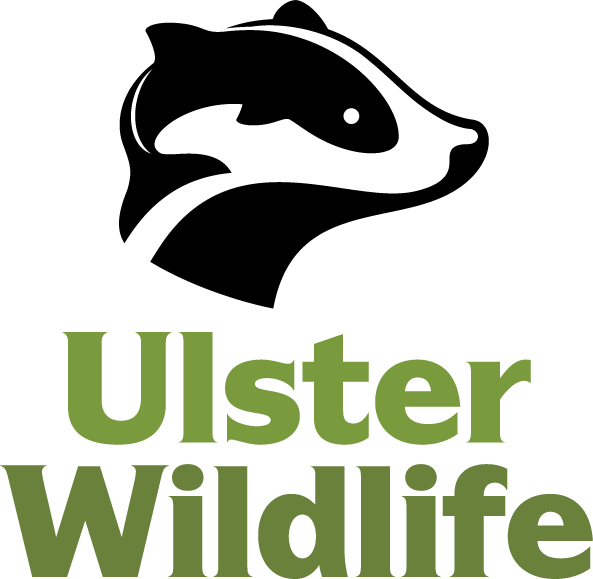It has been a bleak countdown to the international climate conference, COP27, which starts in Egypt on Sunday 6th Nov and ends on Friday 18th Nov. In the 12 months since COP26, the global and national mood has flipped from cautious optimism to fear and division. In Northern Ireland alone, we’ve seen the following since COP26:
- Temperatures over 30˚C recorded multiple times in the summer. Heatwaves, such as that in July, make habitats hostile places for wildlife, animals suffered heat stress and retreated wherever they could to shaded, wooded or damp areas.
- Dangerous wildfires on heath and grassland – Figures from the Northern Ireland Fire and Rescue Service (NIFRS) show that crews tackled 1,872 gorse fires between 1 April 2021 and 24 March 2022 alone, with notable fires in the Belfast Hills and Mourne Mountains. Ground-nesting birds like meadow pipits and skylarks are particularly affected by spring wildfires.
- Drought across much of the UK, with the driest July on record in more than 20 years in Northern Ireland – in spite of severe flooding across the north west on 23 July. Ponds dried up affecting amphibians, and plants died – the subsequent lack of nectar affecting insects.



